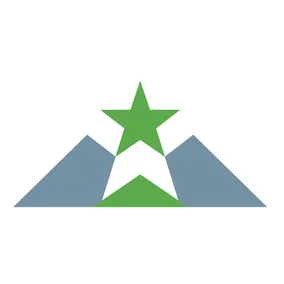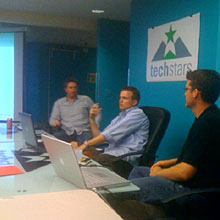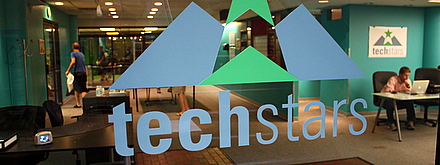User Experience Talk at TechStars

I spent the past week in Boulder, Colorado reconnecting with the web / tech / VC community here and spending time at TechStars, the local startup incubator. The highlight of the week had to be Micah's presentation at the Boulder/Denver New Tech Meetup on Tuesday, where he showed off Lijit and got some real-time feedback from the near 300 folks in attendance about some of their revenue generation plans.  His reassurance of the types of ads they'll be displaying -- and, more specifically, an example of what they won't be -- brought the house down.
His reassurance of the types of ads they'll be displaying -- and, more specifically, an example of what they won't be -- brought the house down.
On Thursday, I teamed up with Kevin and Jeff from Slice of Lime, and talked with the startup companies about user experience. We covered our respective processes and the Slice guys went through some client examples. I kicked around seven points that seemed relevant to the small, fast-moving teams:
- Practice Practical Personas - Think about and use personas, but make them practical and useful for everyone on the team. Done right, personas can constantly remind you of who (specifically) you're building your app for.
- Present Personality - This covered two points. First, that UX isn't just about how an app functions, but the emotional response it generates. That takes personality. Second, that small teams will typically produce a product that reflects their own personalities, and that's a good thing. I encouraged them to embrace that authentic, transparent relationship with their early users.
- Consider Cognitive Load - Everything you add to an interface represents a trade-off. It makes it harder for the user to process and can discourage action. Clearly every interface can't be as simple at Twitter, but I encouraged them to consider the value vs. effort of every bit of the UI.
- Prototype Promptly - I stressed that the key to prototyping is speed, regardless of how you do it (whiteboards, paper, HTML). For these teams, the key is to quickly share ideas for how their app should work in a way that accurately tests their assumptions, clarifies their ideas, and garners critical feedback.
- Innovate via Intuitive Inspiration - We talked about the desire of every startup to innovate and the opportunities to do so on the UI/UX, but that it's a risky road to go down. When you go for it, make sure the results are intuitive to the user, and the inspiration comes from a real user need, not just a desire to do something new.
- Measure, Monitor, & Make It Happen - Whether it's input on your UX from a few real people early on or it's anonymous aggregate usage data later, the key is that you're constantly measuring and analyzing how your app is being used, and adjusting accordingly.
- Architect for Agility - make sure your UX planning is as agile as your software development process. Always review and revise your personas, core use cases, etc., and make sure you review the overall user experience frequently.
Since most small teams rely solely on intuition when defining interactions and are focused on speed, I summed up the talk with this:
Good UX planning should accelerate your progress, not slow you down.

It was my second year visiting TechStars, and once again I had a blast -- David and the other founders have done a great job with the program.

While it's hard to cover much in just a couple of hours, hopefully we gave the teams a few things to think about that will help them build a successful business this summer.
